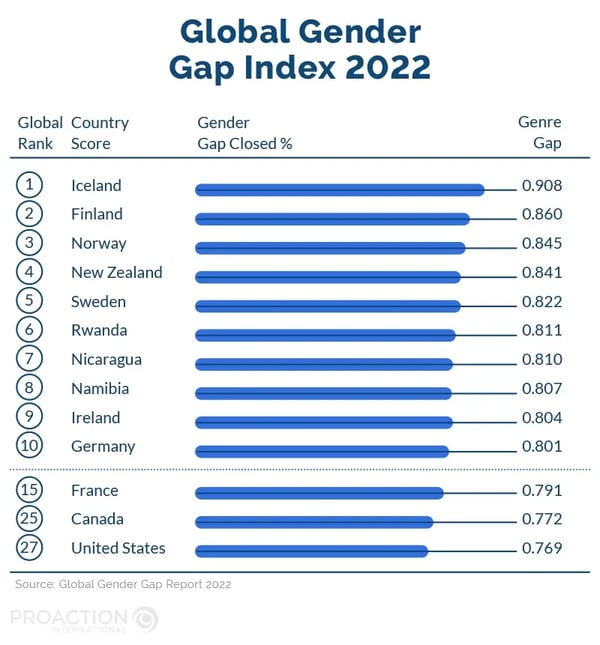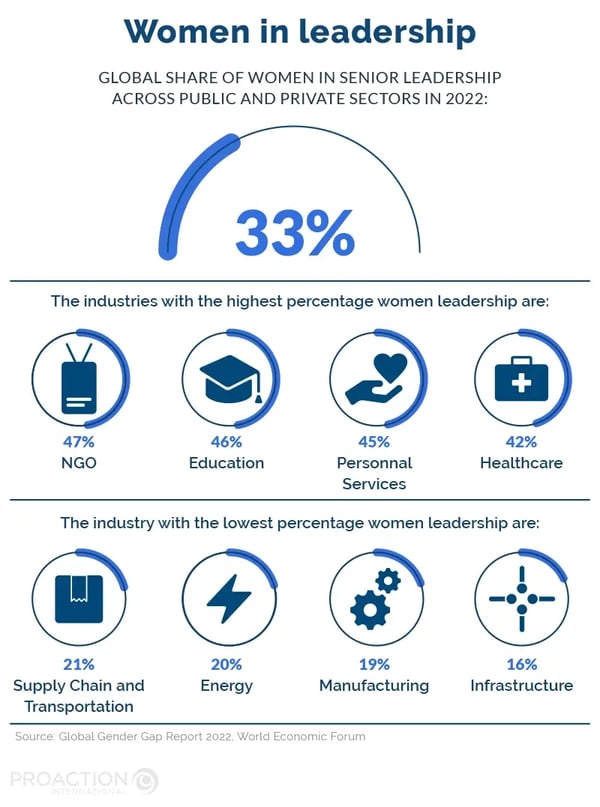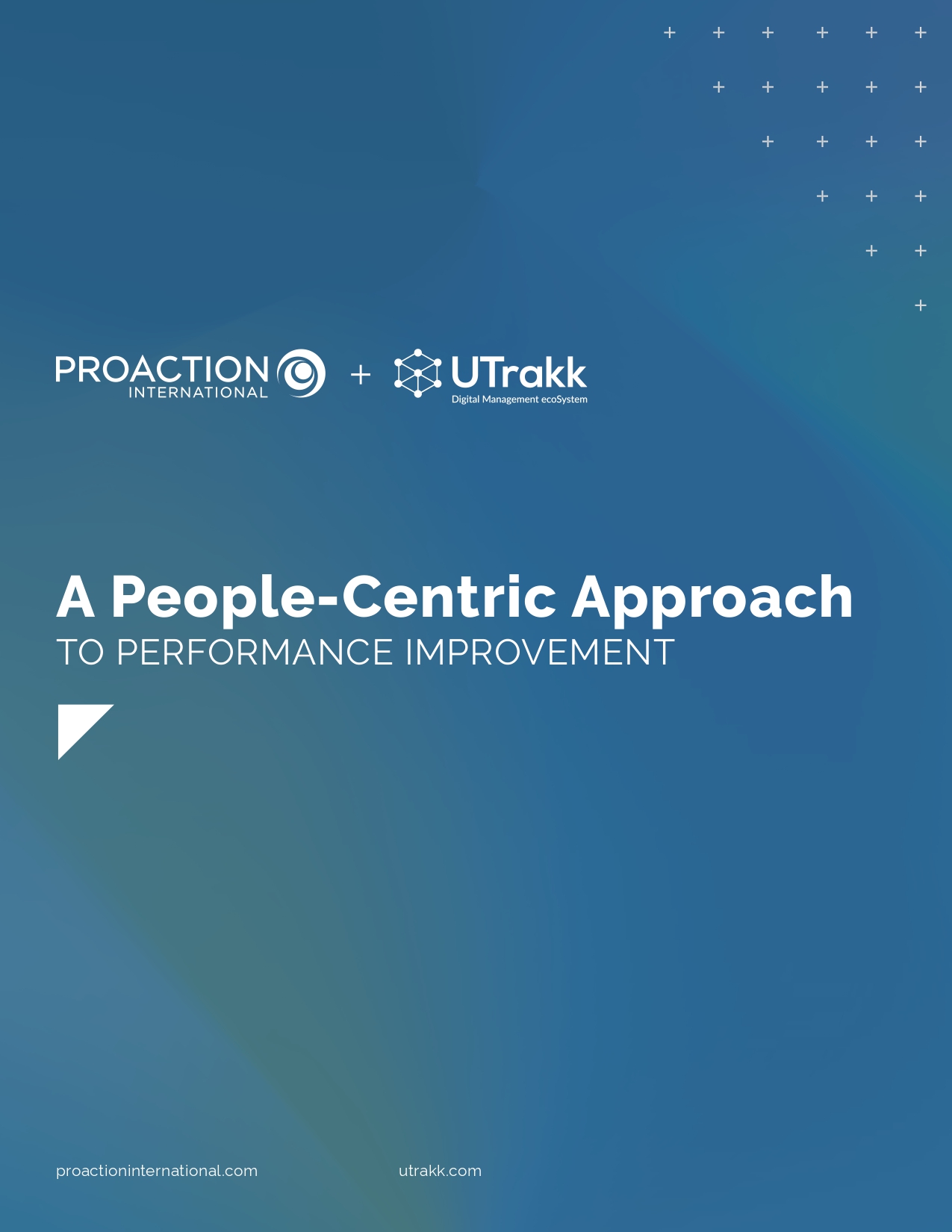Awareness and concrete actions
Because they are frequently unconscious and without ill intent, stereotypes lead to shortcuts when making decisions. Since they are often subtle and require extensive education, identifying or preventing them is difficult. The problem is that these implicit biases work in favor of a certain type of individual and deprive others of opportunities to develop.
As managers, how can we be properly equipped to fight these stereotypes that are harmful to the well-being of our employees?
To improve gender diversity in the workplace, managers must be on the lookout for potential systemic biases and take concrete action. Here are a few possibilities:
"Positive" biases and tasks assignment
According to the stereotypes we hear most often, women are considered to be "team players", and more capable in human relations. While this perception is not negative in itself, it is a preconception that can lead to a misreading of an individual's skills. Assigning tasks to which it is assumed the person will be competent deprives women, more often than anyone else, of opportunities to stand out and climb the ladder.
By becoming aware of these biases in day-to-day management, we can adopt more open practices, such as:
- Hiring based on actual skills and qualities, for example, using standardized interviews designed to avoid discriminatory questions and bias.
- Distributing tasks and projects to team members based on their actual roles, skills, and interests.
- Asking for a volunteer to take notes in meetings rather than assuming that a female colleague will naturally undertake this role.
- Giving everyone opportunities to provide feedback on the evolution of their role to align their development with their reality and ambitions.
However, considering women as professional individuals on an equal footing with men is not the only way that equity can be promoted.
It is also essential to regard all employees and managers as individuals entitled to respectful professional relationships and a balanced life. It is not only a matter of promoting diversity and equity, but also a healthy organizational culture for everyone.

Drawing inspiration from egalitarian best practices
Among some of the best practices to be taken as an example, Finland proposes inclusive family-friendly policies by giving fathers the same parental leave as mothers. By encouraging employers to recognize the paternal role, this measure is a concrete commitment to gender equality and quality of life.
The World Economic Forum report concludes that the Scandinavian countries are the most progressive in terms of gender and equity.

The Global Gender Gap Index measures scores on a 0 to 100 scale and scores can be interpreted as the distance covered towards parity (i.e., the percentage of the gender gap that has been closed). The cross-country comparisons aim to support the identification of the most effective policies to close gender gaps.
Quebec's parental leave introduced in 2016 has also proven its worth. Sociologist Valérie Harvey says that thanks to this leave, which is increasingly popular among men, Quebec fathers have become the best dads in North America.
Likewise, it is no longer relevant to think that women are the only ones who have to leave early in the evening to go to daycare or take time off when the children are sick. Men have an equally important role to play in parenting.
In short, it is about developing an organizational culture focused on balancing work and family for everyone, for example by providing benefits that take into account all the realities of parenting.
Be proactive!
A company's commitment to a proactive approach to gender equality requires an awareness of the gender stereotypes that still exist. Managers must become more sensitive to the risks associated with discrimination and should be ambassadors for this movement, which has a huge impact on the life of the organization and all the people in it.
To conclude, according to social psychologist Patrick Scharnitzky,
Men and women have a better image of themselves when they work in a mixed organization. This demonstrates the impact of gender diversity on organizational performance.
Does anyone still doubt it?








